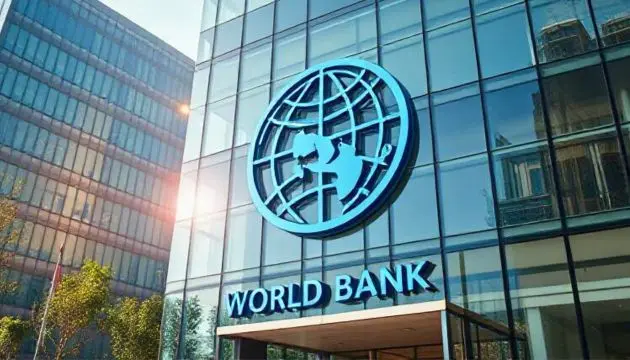World Bank grants $108m aid for KP Projects aiming to make access to basic facilities more feasible for the people.
The World Bank has sanctioned an additional $108 million for two key projects in Khyber Pakhtunkhwa: $78 million for the Rural Accessibility Project and $30 million for the Integrated Tourism Development Project. The funding aims to enhance access to education, healthcare, markets, and employment opportunities while also boosting resilience against natural disasters in the region.
Najy Benhassine, the World Bank’s Country Director for Pakistan, stated that by rebuilding essential rural roads and improving disaster readiness, the two projects are not only facilitating better access to vital services like healthcare and education but are also contributing to climate adaptation, economic stability, and job creation for local populations.
The $78 million allocated to the Khyber Pakhtunkhwa Rural Accessibility Project (KPRAP) will be used to construct safe and climate-resilient roads in rural areas. This initiative aims to improve connectivity to schools, healthcare centers, and marketplaces, making essential services more accessible to residents.
In addition to infrastructure, the project will also facilitate secure and low-cost transport options for girls attending school. The overall initiative is projected to benefit approximately 1.76 million people across the province.
Muhammad Bilal Paracha, the Task Team Leader, emphasized that the additional funding demonstrates the World Bank’s ongoing commitment to Pakistan’s development goals. He noted the project’s significance in improving the quality of life in Khyber Pakhtunkhwa, particularly for women and girls, through enhanced service access and expanded economic opportunities.
The $30 million in extra financing for the Khyber Pakhtunkhwa Integrated Tourism Development Project (KITE) will be used to complete road repairs that enhance accessibility to the province’s scenic tourist destinations. The funds will also support training, technical guidance, and institutional strengthening for stakeholders in the tourism sector.
Kiran Afzal, Task Team Leader for KITE, highlighted that the project promotes sustainable tourism in collaboration with both public and private sectors. It will improve transportation, upgrade visitor amenities, and create employment and training opportunities for locals, all while helping preserve the region’s cultural and historical heritage.
Related Posts

















